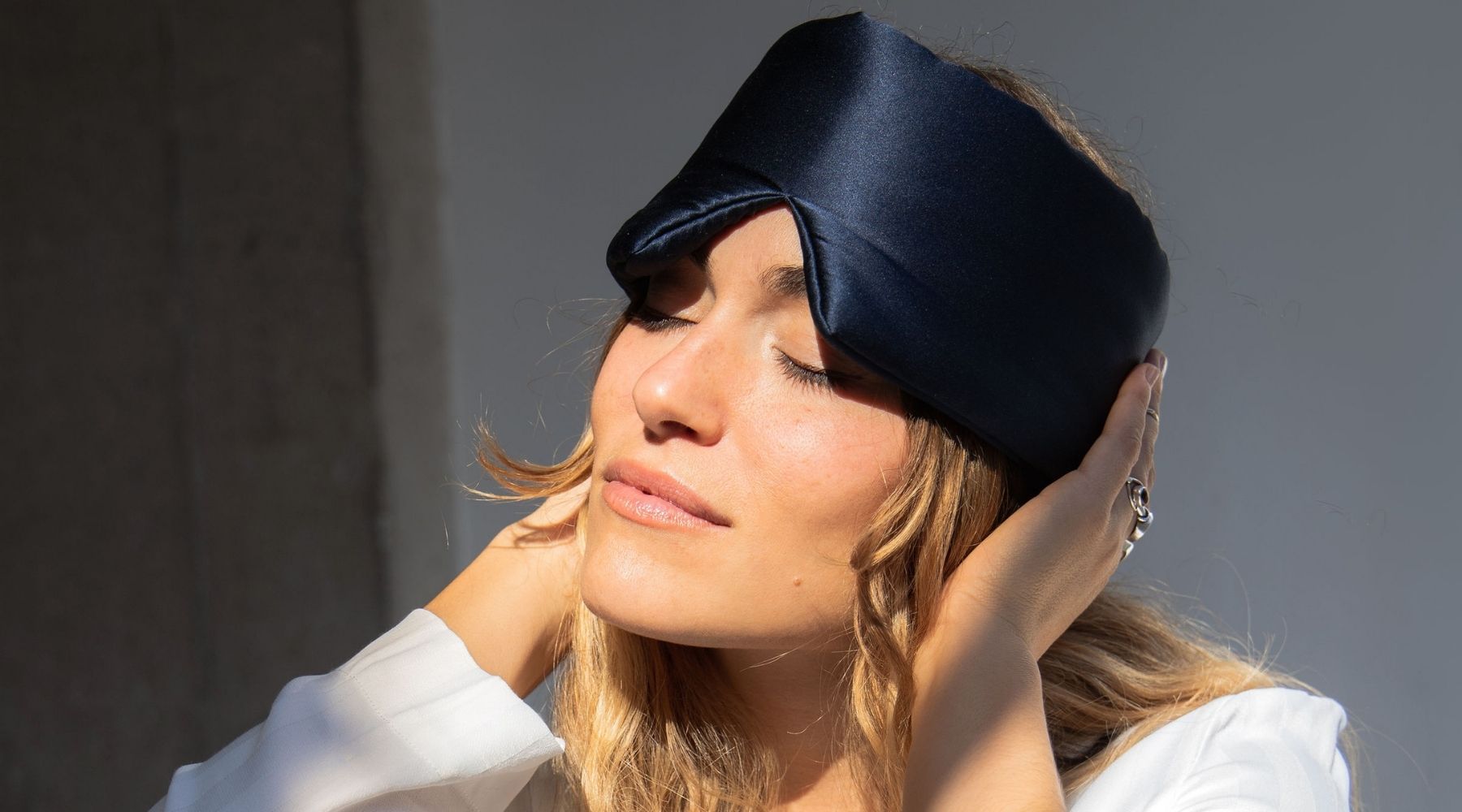
How to manage your sleep as a shift worker
As the evening shadows lengthen and nocturnal wildlife begins its nightly rituals, there's another group venturing into the night as most of us wind down — the committed shift worker.
Shift workers live by a different schedule, sleeping during the bustling daylight hours while the rest of us are active. This reality poses a unique set of challenges. Achieving enough sleep is a common struggle for many, yet for those working shifts, finding deep, restorative sleep can seem nearly impossible.
If you're a shift worker, it might feel like we're covering familiar ground. However, we're here to offer not a lecture, but rather some practical advice and tips aimed at helping you find the peaceful slumber you deserve.
Keeping it consistent
The golden range of seven to nine hours of sleep is widely recommended, yet the cornerstone of effective sleep management lies in the regularity of your sleep patterns. This is especially pertinent for those on the night shift, emphasizing the importance of consistent sleep and wake times, even during days off. Should your routine necessitate waking at 5 p.m. and retiring at 8 a.m., adhering to this schedule consistently during your night shift period is key.
Setting the mood (and some boundaries)
Adhering to a consistent sleep schedule could be straightforward if your living situation mirrors the solitude of a dark, serene cave. But what about when you're sharing your living space with children, housemates, or a significant other? Indeed, it complicates things. It's essential, therefore, to set strict guidelines about disturbances during your sleep time. Make it clear that trivial matters are not grounds for waking you.
Once you've laid down these ground rules, shift your focus to optimizing your bedroom for sleep by blocking out all possible sources of light and sound. This might mean acquiring blackout blinds, eye masks, earplugs, white noise machines, aromatic sleep sprays, and cozy pajamas. Additionally, turning off your phone can help ensure your sleep is uninterrupted, unless you need to be available for calls. Attending to these minor yet impactful aspects can significantly improve the quality of your sleep.
Relaxation
Feeling thoroughly relaxed before you get into bed can make a world of difference in how quickly you fall asleep. Familiar relaxation practices, including warm baths, yoga sessions, meditation exercises, light stretching, indulging in a good book, or enjoying an audiobook, all play a crucial role. It's also important to carve out some 'me time' before you decide to turn in for the night. Similar to those with a regular 9-5 routine who take time to relax after a day's work, shift workers should grant themselves the same luxury of winding down. However, one thing to avoid before bed is alcohol consumption. Although it might seem like a shortcut to sleep, the body's efforts to break down alcohol can lead to disturbances, interrupting your much-needed rest.
Napping
A strategy some shift workers advocate for is adopting a split-nap schedule, which involves taking a brief nap after returning home and then engaging in a longer sleep period closer to their next work shift.
But if you need more concrete proof that naps can be good for you…this NASA funded experiment came to the same ‘naps are great’ conclusion.
The research, carried out by the University of Pennsylvania Medical School, examined how astronauts and mission control staff would perform under various sleep arrangements, including split sleep regimes. Participants were allocated to different groups, with some following split sleep schedules, others adhering to full daytime sleep schedules, and a control group maintaining the standard eight hours of sleep nightly. The study concluded that alertness levels remained consistent across all groups as long as they received a substantial total amount of sleep. Therefore, the message is simple for shift workers: don't hesitate to take that nap.
Staying awake on the job
Should you still struggle to stay awake despite implementing all the provided advice, here are a few alternatives to keep your eyelids from drooping, without the need for matchsticks.
Begin by monitoring your caffeine intake. While it sounds paradoxical, a strong coffee can be beneficial at the beginning of your shift, but drinking caffeine too close to sleep time can hinder your ability to wind down.
Also, consider elevating your heart rate for a natural surge of energy. Whether it's a brisk walk, a quick 10-minute workout found on YouTube, or some chair yoga, any form of exercise can help maintain alertness.
Furthermore, a brief nap lasting 10-20 minutes is considered ideal, as it doesn’t allow you to enter a deep sleep cycle, avoiding the confusion and grogginess often experienced upon waking. The 'coffee nap'—drinking a cup of coffee followed by a 20-minute nap—can also be effective, aligning the caffeine's activation with your wake-up time.
***
Need a hand? Use our silky soft sleep mask to help block out any light, pop a couple of pumps of Sleepy Zen pillow spray onto your pillow and use the Tired Eye Gel when it’s time to head off to work.






